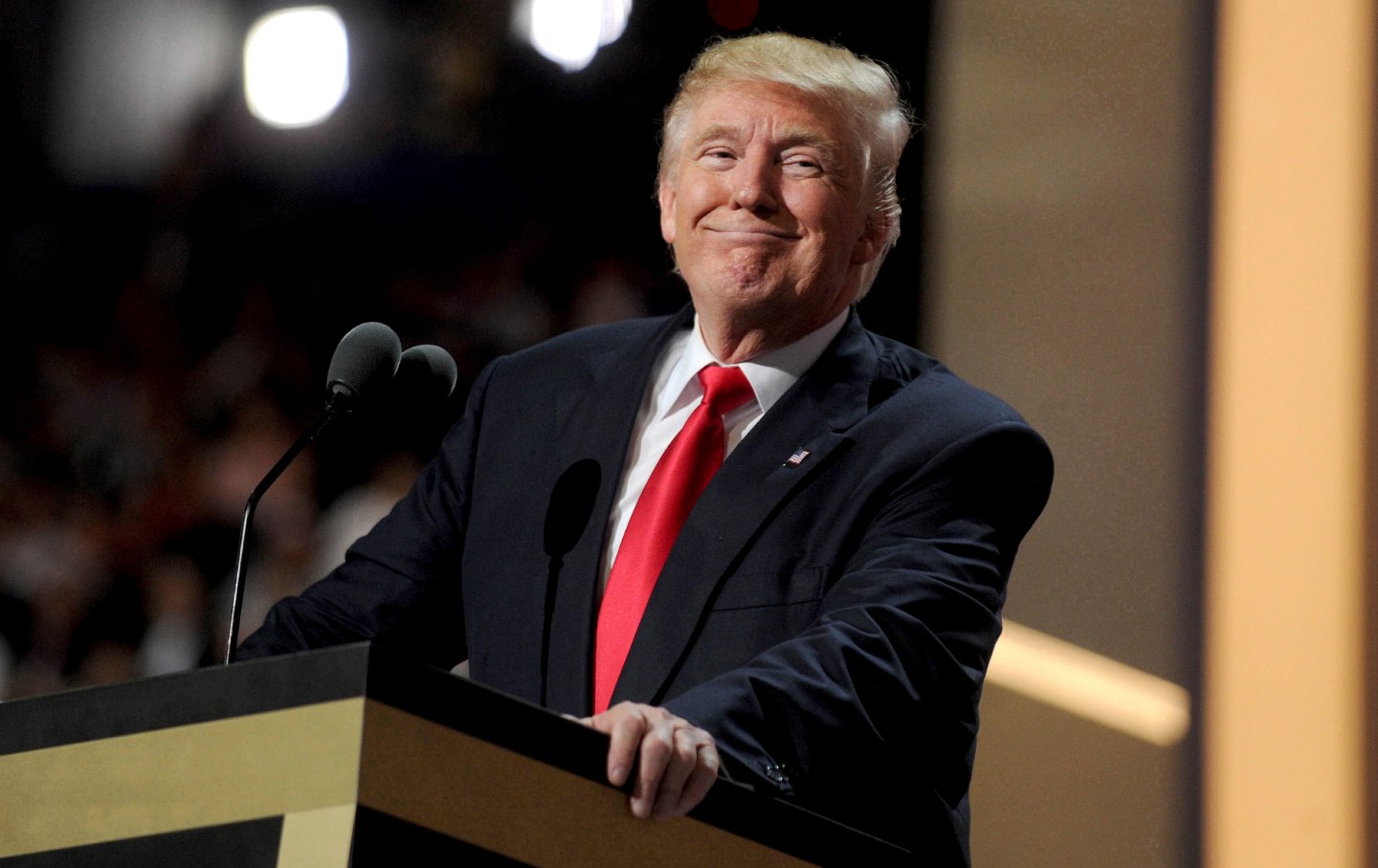America First: Trump Suspends Foreign Aid to Several Nations, Exempts Israel and Turkey

In a dramatic shift in foreign policy, the United States has halted foreign aid to numerous countries, including Ukraine, while exempting Israel and Turkey.
The sweeping freeze was initiated through an internal directive from Secretary of State Marco Rubio, shortly after President Donald Trump assumed office, emphasising an “America First” approach to international assistance, according to AFP.
The directive, obtained by AFP, states, “No new funds shall be obligated for new awards or extensions of existing awards until each proposed new award or extension has been reviewed and approved.”
The policy exempts emergency food aid and military funding for Israel and Egypt, signalling the administration’s prioritisation of strategic partnerships in the Middle East.
This comprehensive directive significantly affects various aid categories, including development and military support.
Ukraine, a major recipient of weapons funding under the Biden administration to bolster its defence against Russian aggression, will face immediate consequences.
Additionally, the directive halts funding for PEPFAR, the widely acclaimed HIV/AIDS programme established in 2003 under President George W. Bush.
PEPFAR has saved an estimated 26 million lives by providing anti-retroviral treatments in developing countries, particularly across Africa.
Its suspension has alarmed health experts and lawmakers alike, as the programme supports over 20 million individuals on life-saving medication.
PEPFAR’s freeze coincides with the cessation of US anti-malaria initiatives, which currently assist 63 million people worldwide.
Democratic legislators have voiced grave concerns over the humanitarian impact, citing the potential loss of lives and setbacks in global health progress.
While most aid programmes face suspension, military assistance to Israel remains intact.
The decision reflects heightened US arms support to Israel following the recent Gaza conflict.
Egypt, too, continues to benefit from substantial US defence funding, which has been a cornerstone of the 1979 peace treaty between the two nations.
The directive also permits emergency food aid contributions, which have historically supported crisis-hit regions such as Sudan and Syria.
However, critics argue that these limited exceptions fail to address the wider repercussions of freezing aid to vulnerable nations.
The suspension has drawn sharp criticism from both domestic and international stakeholders.
Humanitarian organisations warn that cutting PEPFAR and other global health initiatives risks reversing decades of progress in combating epidemics and addressing poverty.
As the global community awaits clarity on the implications of this policy shift, the United States faces mounting pressure to reconsider its stance on foreign aid – a cornerstone of its global influence and humanitarian leadership.







